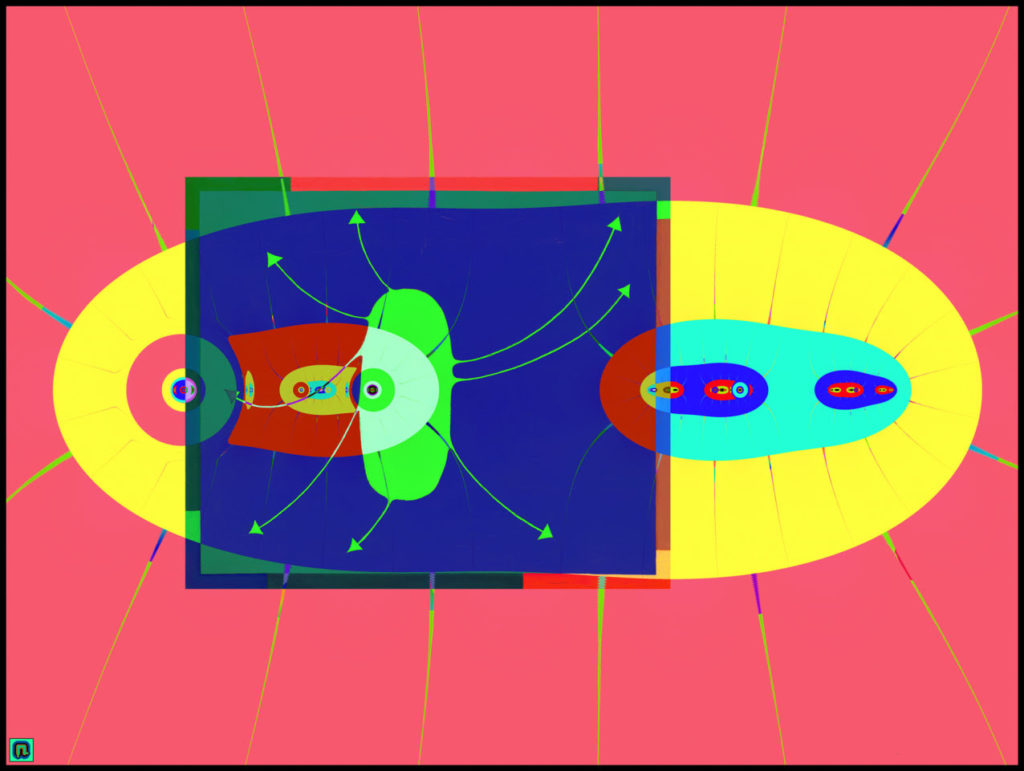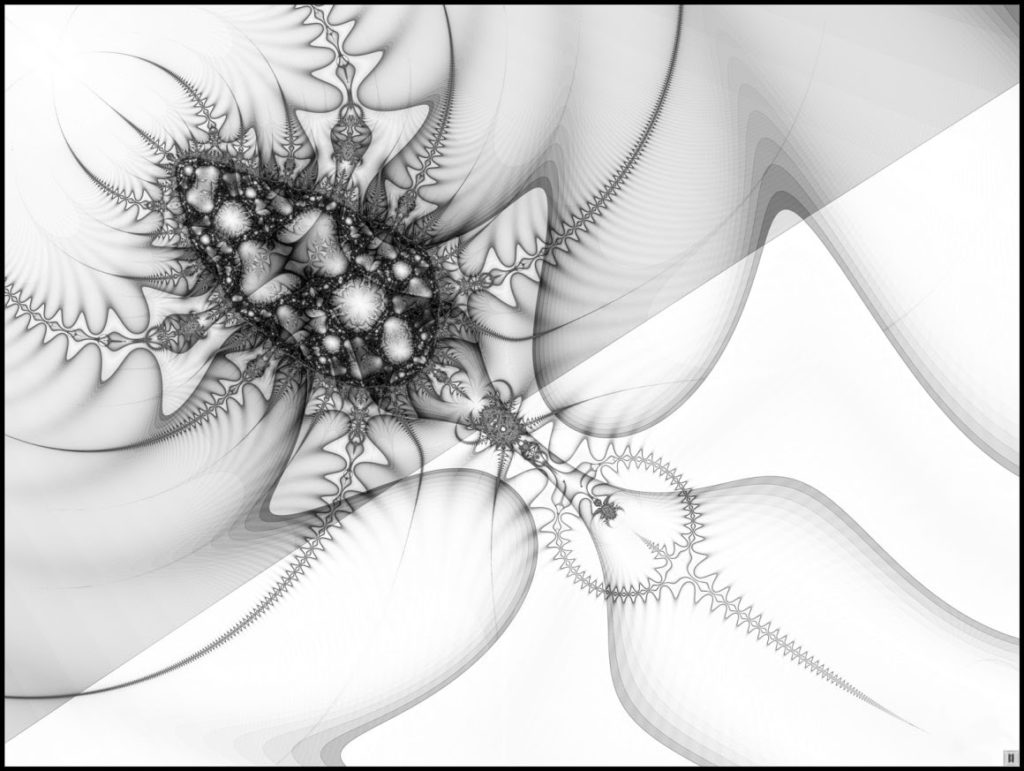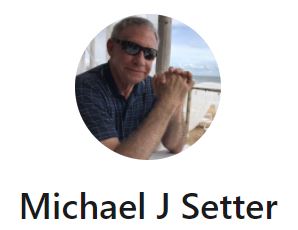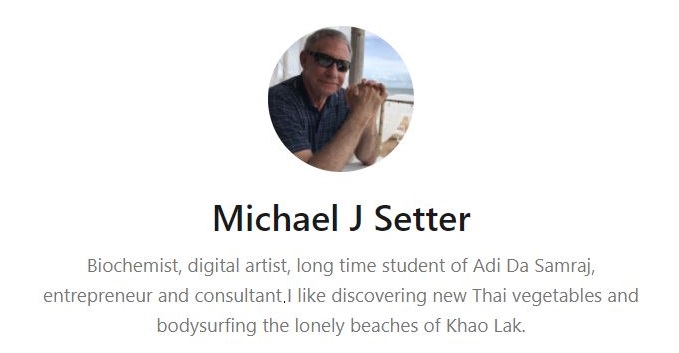Pros and Cons of Modern Medicine
Medicine and Big Oil
Modern medicine as we know it owes its origins to a man nicknamed “Devil Bill”, a travelling snake oil salesman. He sold a potion concocted from crude petroleum and a laxative throughout rural New York State in the early 1800’s while garnering a reputation as a scoundrel and womanizer. Fathering a number of children from a smaller number of different women he seldom saw his extended family members, although when he did, he was known to brag “I cheat my boys every chance I get. I want to make ’em sharp.”
“Devil Bill’s” real name was William Avery Rockefeller, and it was his son, John D. Rockefeller, who became the world’s first billionaire at a time when America’s average income was $520 per year. At the age of 40, in 1879, his Standard Oil monopoly controlled 90% of oil refining in the world, 90% of global oil marketing, and a third of all the oil wells in existence.
Mesmerized by Rockefeller’s immense success, the world’s wealthiest families soon followed in his footsteps and sought to form alliances with Standard Oil. Over time they were to create an international infrastructure which controlled what would become the world’s most important strategic commodity.

The Rise of Allopathic Medicine
In turn-of-the-century America medicine was largely oriented toward naturopathic remedies and herbal preparations. Although with a 99.3% profit margin, when Standard Oil tried marketing the snake oil laxative formulated by “Devil Bill” it was not as successful as predicted. That is when the peculiar genius of Rockefeller’s marketing strategy changed medicine forever.
“In 1901, John D. established the Rockefeller Institute for Medical Research. The Institute recruited Simon Flexner, a pathology professor at the University of Pennsylvania, to serve as its director. His brother, Abraham, was an educator who was contracted by the Carnegie Foundation to write a report on the state of the American medical education system. His study, The Flexner Report, along with the hundreds of millions of dollars that the Rockefeller and Carnegie Foundations were to shower on medical research in the coming years, resulted in a sweeping overhaul of the American medical system. Naturopathic and homeopathic medicine, medical care focused on un-patentable, uncontrollable natural remedies and cures was now dismissed as quackery; only drug-based allopathic medicine requiring expensive medical procedures and lengthy hospital stays was to be taken seriously.” – The Corbett Report
Fast forwarding to current events and the medical dilemmas faced by citizens of almost every country on earth to one extent or another, we see that the choices we are offered when it comes to our health are still controlled by the very same interests which owe allegiance to the hydra birthed by John D. Rockefeller. The degree to which the pharmaceutical industry and the world’s uber wealthy families control global and national health organizations (WHO, NIH, FDA, CDC, GAVI, EMA, HSE, etc.) is staggering. If I ask which nation contributes the most to the World Health Organization, would your answer be The Kingdom of Gates? More than any other member state the Bill and Melinda Gates foundation and other influential organizations controlled by Gates, such as GAVI, fund the WHO. Borrowing a page from snake oil salesman William Avery Rockefeller’s playbook, Gates not only created Gavi but also profits from its endeavors. Wikipedia describes it: “GAVI, officially Gavi, the Vaccine Alliance is a public–private global health partnership with the goal of increasing access to immunization in poor countries.” But in reality, it is a way for Bill Gates to accrue more money and power while camouflaging his personal pathology as philanthropy and good-hearted intervention in international affairs. The Bill and Melinda Gates foundation and Gates himself are heavily invested in vaccine testing technology and vaccine manufacturers.

The power and influence of Gates and his allies is evidenced by the fact that cheap and effective prevention and treatment for Covid-19 is unlawful in much of the western world. Doctors can lose their licenses and board certification in the United States for prescribing off-label ivermectin and hydroxychloroquine for the prophylaxis and treatment of SARS CoV-2 infection.
Mike Adams, the fierce, far-end of the spectrum advocate for health and freedom, wrote recently, “Across the United States, hospitals have been transformed into murder factories where people are falsely “diagnosed” with covid via a fraudulent PCR test, then put on miscalibrated, made-in-China ventilators that blow out their lungs and kill them. Safe and effective medical interventions that actually save lives among covid victims — such as ivermectin — are strictly prohibited in nearly every hospital in the country, obviously as part of a malicious medical scheme to exterminate as many patients as possible to drive up the “pandemic” death numbers.
What was once a system of medicine has become a system of deliberate murder.”
While Adam’s view may seem unnecessarily extreme in attributing intention to a “malicious medical scheme to exterminate as many patients as possible”, an examination of the modern eugenics movement may help provide background for his remarks.
Personal health
The traditional 20th century medical advice for taking care of one’s health summarized as, “get a checkup twice a year and rely on your physician” is no longer viable for most people for a number of reasons. The first is money. Although there may be a new era of effective cancer treatments, the price of one of the new treatments may be the equivalent of the price of a new home for the economically disadvantaged majority. Second, modern medicine has, apart from trauma and plastic surgery, become the domain of drug pushers. In rural America if one goes to the typical physician at a low-cost clinic complaining of chronic pain the probable result in a year’s time is chronic pain and an addiction to opioids. Healthcare and doctors are the fourth leading cause of death in the United States and the rest of the world is catching up with this frightening statistic.

It has become increasingly incumbent upon us to learn everything we can about our health and rigorously practice preventive measures in order to stay healthy. No more obvious sign of this necessity has ever been presented to us than the current highly fraudulent pandemic. Those who have not been willing or able to rightly take care of themselves, (perhaps presuming a doctor will fix their errant ways for them when the time comes), have seen the writing on the wall. Those with multiple co-morbidities have a much larger probability of dying when they become infected with SARS CoV-2.
The most important aspect of maintaining good health is the discipline of diet. What to eat and when to eat are the key factors. Recent research and trends have verified the ancient practices of Hindu sadhus and Buddhist monks. Demonstrated by countless individuals over millennia, a frugal diet consumed during limited hours of the day serves to confer health exceptionally well, especially when combined with regular periods of fasting and internal cleansing. Abstention from drugs, stimulants, artificial, genetically modified, and processed foods, clean air and water are important. The current trend toward low carbohydrate and especially low sugar intake is proving very effective. Science has also confirmed that calorie restriction is the single most effective contributor to longevity.
Dietary discipline, when combined with regular exercise and adequate sleep, forms the foundation of a healthy body-mind. But there is more, much more, outside the realm of practical measures such as these that should inform our understanding of health and how to take responsibility for it.
The life of Achaan Khao, a Dhutanga Kammaååhãna Bhikkhu, (or Theravadin Buddhist monk in the forest tradition of Northern Thailand, one who has assumed special disciplines beyond the 227 rules which ordinary monks observe), serves to illustrate the immense chasm that lies between the dogmas of medical science and traditional spiritual wisdom.

Luangta Maha Boowa
The following is taken from the excellent biography of Achaan Khao by Thailand’s most famous monk, Luang Ta Maha Boowa, entitled, Venerable Ajaan Khao Analayo. When Achaan Khao developed a severe fever he went to his revered teacher, the great Achaan Mun, who offered this advice: “Right now the truth about painful feeling is announcing its presence within your body and mind in a clear and unmistakable manner. Don’t let the opportunity presented to you by this pain pass by uselessly. Instead, I want you to extract the truth from that painful feeling and bring it up for mindfulness and wisdom to analyze. Then mark it well, so that it makes an indelible impression on your heart. From then on, it will act as an example to show that you have now gained a clear understanding of this first of the four Truths that the Lord Buddha proclaimed throughout his teaching, namely, the Truth of Dukkha (suffering).”
As recorded in the biography of Achaan Khao, “While doing the investigation, I tried to separate dukkha out from the khandhas. In other words, the body and all its parts I put into one heap (khandha); saññã (memory), which stands by to define or determine, thereby deceiving us, I divided into a second heap; sankhãra, which is thinking and imagining, I put into a third heap; and the citta I put separately into a special category. Then I investigated, I compared, I looked for causes and results from the arising and ceasing of the chaotic jumble of pain that was racking my body. But I did not think about whether the pain would die away and I would survive, or whether it would get worse and I would die, for I was absolutely determined to get to know the truth of all these things.”
The outcome is recalled by Luangta Maha Boowa: “When Venerable Ajaan Khao became ill while he was living in the forests and hills, he was never much concerned about finding medicines to cure himself. He tended to rely upon the ‘Dhamma remedy’ much more than any other method, for it was effective both for the body and for the citta at the same time. He would grasp the problem, fix his attention on it and reflect upon it for a long time – much longer than normal. Many times he managed to overcome fevers by this type of treatment, until he became quite confident of this technique of reflective investigation whenever he felt ill.”

In short, there is more to medicine and health than western philosophy and science currently, (or likely will ever), apprehend.
How to navigate the treacherous waters of western medicine
Approach western medicine armed with the confidence knowledge bestows, free of concern and a resolute unwillingness to cede responsibility to others frivolously. Ask questions, as many as are necessary. Do not allow the answers or the person providing them to intimidate, rather be persuaded by your own evaluation of not only what is presented but by your feeling. Whenever possible take a day to study new information and to consider how to proceed. Please refer to the section below for alternative western approaches and traditional medicine.
Medicine as practiced in developed nations is conducted by people who have studied and trained rigorously for a great many years. The examinations to become a board-certified physician are comprehensive and very difficult. Especially if one is relatively wealthy or has good insurance, the level of western medical care can be excellent.
Doctors hate it when their patients lie. Be candid with your doctor, even if it means a hugely embarrassing moment must be endured. When choosing a surgeon, enquire about how many times the doctor has performed that exact procedure, what the outcomes were and how they compare with the average success rate. Look for a doctor who is not a new resident or an intern. Experience is everything in medicine.
Try to avoid having organs removed. We need them, despite what surgeons would have one imagine. For example, the gall bladder is one of the most excised organs of all time. It is far better to try to rehabilitate the liver rather than having the gall bladder taken out if possible. The human body can regenerate a moderately diseased liver in six months to a year via dietary discipline, supplementation and fasting, and this will often restore gall bladder function as well.
Always enquire about the risk profile of any drug or procedure and the possibility of increased risk due to interactions if you are prescribed more than one drug. Inquire if there are comparable generic drugs which will accomplish the same thing. For example ivermectin costs at wholesale about $0.01 per pill and has well-documented effectiveness in preventing Covid-19, represents very low risk for humans, and does not involve injection, gene alteration or the risk of death from rare blood clotting disorders.
Alternative western approaches and traditional medicine.
Within the western medical establishment there are some very exciting new branches of medicine in development. Perhaps the most promising of these is a type of integrative medicine called functional medicine. Defined as a systems biology–based approach that focuses on identifying and addressing the root cause of disease, functional medicine most importantly takes into account the human microbiome and its dysbiosis. Only very recently have we begun to understand how profoundly the organisms living inside us and on our skin affect our health. From depression to digestion, the world of the tiny (that is not us) can determine how we think and feel, how much energy we have, and whether we can sleep well at night. Focusing on root-cause treatment rather than conventional drug-based symptom suppression, the functional medicine approach evaluates an array of symptoms and possible causes and designs unique treatment protocols for each individual. Treatment is based upon a complex differential diagnosis and applies the most natural treatments whenever possible to minimize risk.

The practices of naturopathic, chiropractic, and integrative medicine are all viable alternatives to the dominant allopathic medical philosophy.
Chinese medicine has had a developmental history spanning thousands of years and remains a highly effective and natural alternative for treating diseases and disorders whether physical or subtle. Pulse diagnosis is remarkably accurate. Chinese herbal medicine and moxibustion complement acupuncture with compelling, risk free results.
In my experience of both Chinese medicine and Tibetan traditional medicine I found the Tibetan approach incorporated a profound spiritual understanding of the human body, whereas the Chinese emphasized a less developed and more magical orientation. The Tibetans have a larger array of diagnostic tools at their command and their herbal medicine is more sophisticated in spiritual terms, especially when it comes to their longevity medicines. However, in the case of both Chinese and Tibetan medicine, finding a practitioner can be challenging.
Although Indian Ayurveda leaves much to be desired in terms of comprehensiveness, some of the ayurvedic herbal remedies are very effective. Siddha medicine is where the Indian medical heritage shines, however, again, it is difficult to find a well-regarded practitioner outside of India.
Personal Responsibility
Finally, taking personal responsibility for one’s health is a journey. Everyone has a unique set of genetic instructions, metabolism, microbiome and history. No two are alike and nothing works well for everyone. You are the one most familiar with your body-mind and therefore most able to comprehend its quirks and requirements. Pay attention to the cause and effect relationships between food, medicine, lifestyle and how you feel everyday. Keep a diary. Engage a discipline of real meditation (see a future article on this topic) and notice how the instruction of Achaan Mun given to his disciple Achaan Khao was applied with sincerity and dedication. Do that with real seriousness and you will gain insight into the cause of suffering. You will probably be surprised with what is ultimately revealed.
Final Words
If the reader has made it this far, allow me to thank you. Second, please see the following transcription of a talk given by Adi Da Samraj on diet. It places diet (and everything else we strive to master) in a transcendental light.
“How and Why Big Oil Conquered the World” is a fascinating, award winning documentary film by the Corbett Report detailing the influence of the oil cartel and their oiligarchs on our lives. See it here:

